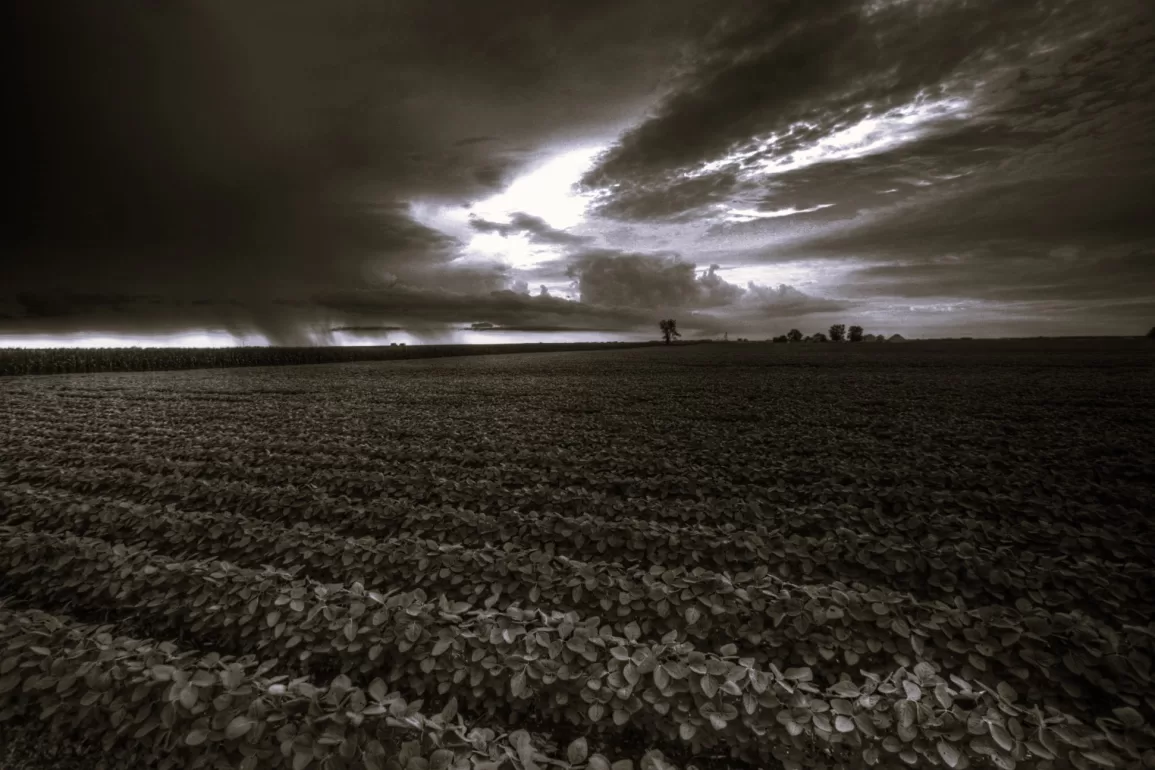It was the second day that Kate and her father walked beans. They had been out since seven a.m. to get as much done as possible before the worst of the heat. Her father, Edgar, worked at a steady but unhurried pace. His shirt was soaked. She didn’t know how he kept going in his overalls, long-sleeved work shirt, and straw hat. She also wore long pants, a long-sleeved shirt, and a bandana tied over her hair. Her father had...

